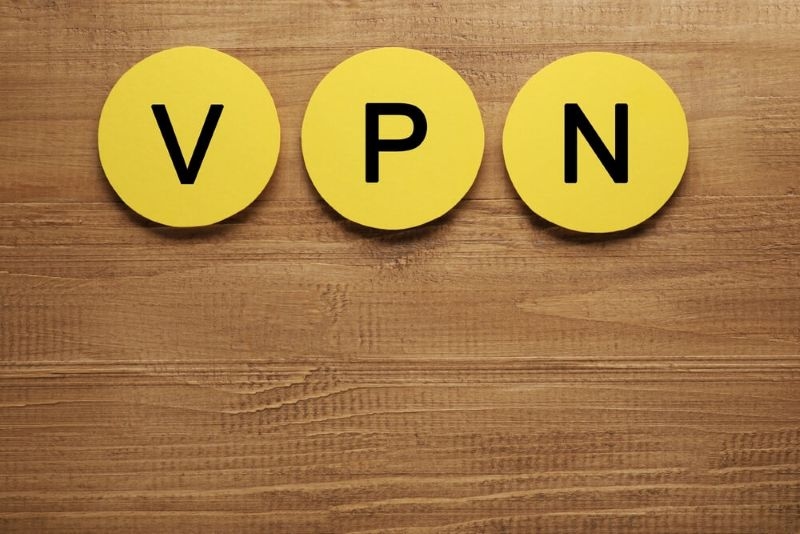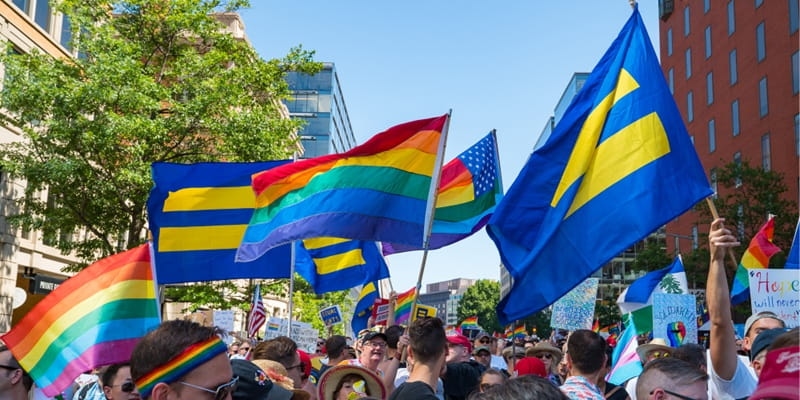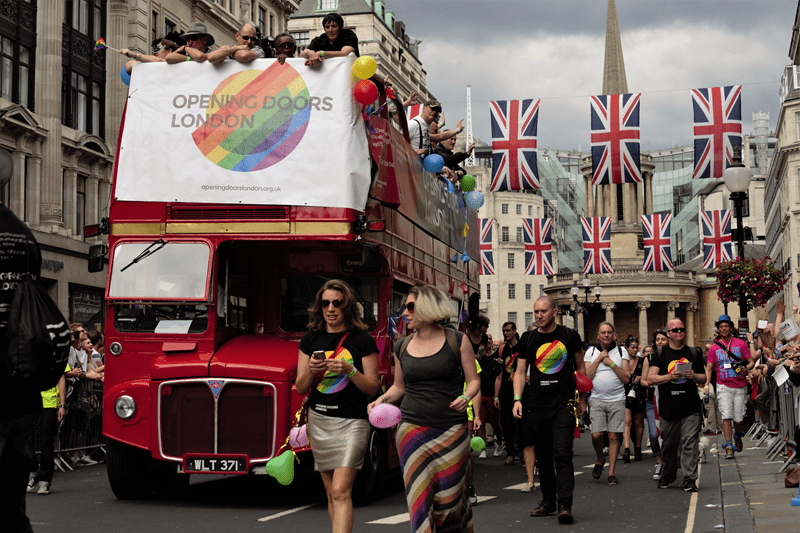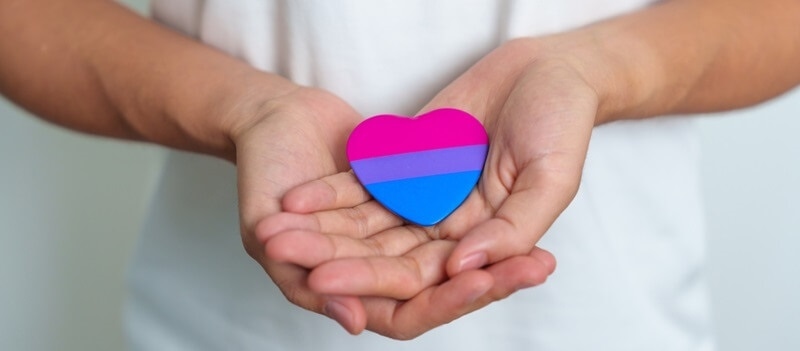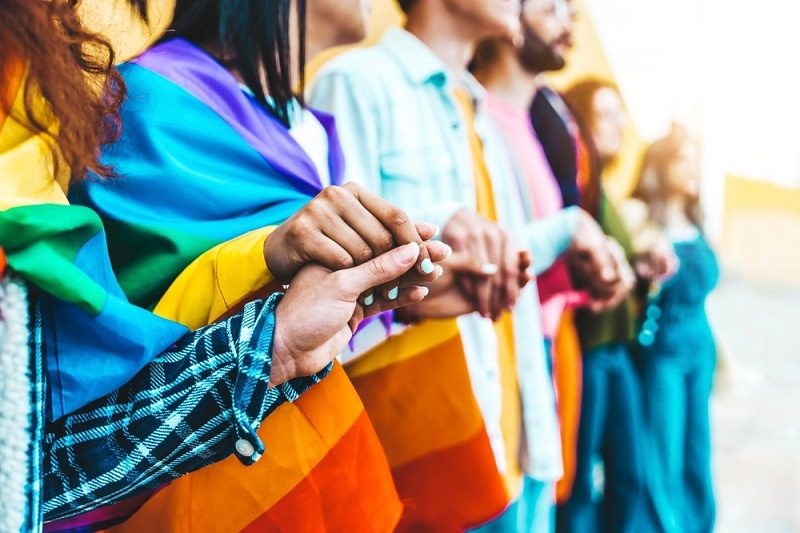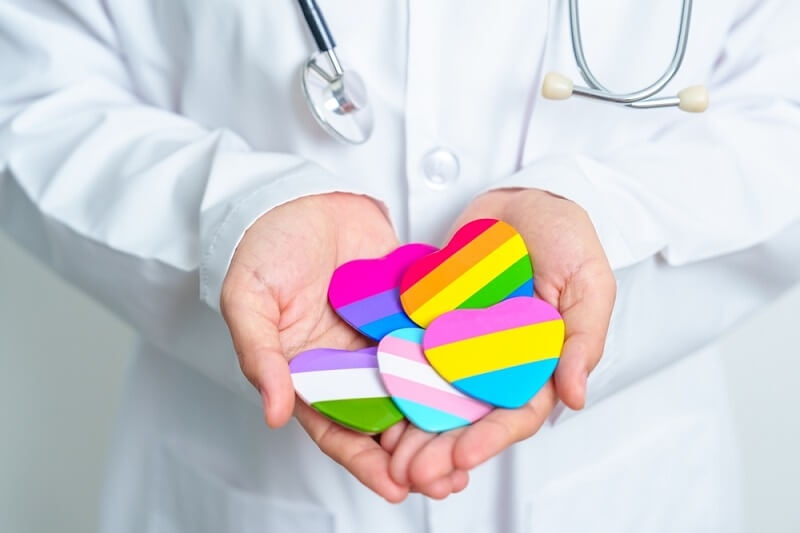Breaking the Stigma: Male Eating Disorders Among Gay Men

The issue of eating disorders among gay men is a significant yet often silent struggle, deeply rooted in the community's fabric. This widespread challenge, marked by a complex interplay of societal, psychological, and personal factors, remains largely unspoken.
The shared experiences of those affected underscore a critical need for understanding, empathy, and support. Recognizing this struggle is the first step toward addressing the unique challenges faced by gay men in navigating their body image and self-perception.
The Unseen Epidemic: Body Image in the Gay Community
Body image issues and eating disorders present a rising concern within the gay community, manifesting differently than in their heterosexual counterparts. Alarming statistics reveal a stark reality: gay men are disproportionately affected by eating disorders, with rates significantly higher than those observed in straight men.
This epidemic, often hidden beneath the surface, highlights the urgent need for awareness and targeted interventions. The prevalence and severity of these disorders not only reflect the personal turmoil of individuals but also signal a broader societal issue that demands attention.
Identifying the Disorders: A Closer Look
Gay men face a spectrum of eating disorders, including anorexia nervosa, bulimia nervosa, binge-eating disorder, and Other Specified Feeding or Eating Disorders (OSFED). Each disorder presents unique challenges and emotional complexities. Anorexia in gay men, for instance, may not only stem from a desire to be thin but also from a pursuit of muscle tone and definition, reflecting deeper issues of control and self-perception.
Bulimia and binge-eating disorders, too, reveal the emotional turmoil and coping mechanisms underlying these conditions. Understanding these disorders in the context of the gay community is crucial for developing empathetic and effective support systems.
The Mental Health Connection

The relationship between eating disorders and mental health in gay men is intricate, with conditions like depression, anxiety, minority stress, and internalized homophobia frequently co-occurring. These mental health challenges can exacerbate the severity of eating disorders, creating a vicious cycle that is difficult to break. The compounded impact of these factors highlights the need for a holistic approach to treatment and support, one that addresses the full spectrum of an individual's experience.
Understanding the Root Causes
The triggers of eating disorders in gay men are multifaceted, ranging from societal pressures and media influence to personal trauma and the pursuit of perfectionism. These factors contribute to a harmful cycle of disordered eating and body dissatisfaction, deeply affecting individuals' mental and physical health. Societal ideals of masculinity and attractiveness, amplified within the gay community, often set unrealistic standards that fuel body image issues.
Additionally, personal experiences of trauma and the internalization of societal prejudices can further complicate the relationship with food and self-image. Recognizing and addressing these root causes is essential for breaking the cycle of disordered eating and fostering a healthier, more supportive community. Incorporating transgender health into the conversation ensures a comprehensive approach to wellness and inclusivity in our community.
The Perfectionism Problem
Perfectionism significantly contributes to the onset and continuation of eating disorders. This relentless pursuit of an unattainable ideal not only fuels dissatisfaction with one's body but also creates a fertile ground for disordered eating behaviors to thrive. In the context of the gay community, where societal and internal pressures often demand a certain physical aesthetic, perfectionism can become particularly insidious.
Addressing these perfectionistic tendencies is crucial in the recovery process, as it involves dismantling the harmful beliefs and standards that individuals set for themselves, often at the cost of their health and well-being. Navigating LGBTQ+ challenges is essential in understanding and supporting the complex journey towards recovery and self-acceptance.
Seeking Help and Healing
The journey towards recovery from an eating disorder requires a multifaceted approach, tailored to address the unique challenges faced by gay men. Treatment options include:
- Psychotherapy: Individual or group therapy can help address underlying issues related to body image, self-esteem, and the specific pressures faced by gay men. Cognitive-behavioral therapy (CBT) and other modalities can be effective in changing harmful thought patterns and behaviors.
- Nutritional Counseling: Working with a dietitian knowledgeable about eating disorders can help individuals develop a healthier relationship with food and body image.
- Support Groups: Both professionally-led and peer support groups offer spaces to share experiences and find community, which can be incredibly validating and supportive.
- LGBTQ+ Affirmative Therapy: Therapists who specialize in LGBTQ+ issues can provide a more nuanced understanding and support, acknowledging the unique societal pressures and internal conflicts faced by gay men.
Encouraging those struggling to seek professional help is vital. LGBTQ+ affirmative therapy, in particular, plays a significant role in offering a safe and understanding environment for recovery.
You may also like: Gay Therapists: Specialized Care for LGBTQ+ Mental Health
Conclusion
Addressing eating disorders within the gay male community requires empathy, awareness, and specialized care. It's about understanding the unique pressures and challenges faced by individuals and providing the support and resources needed to navigate the path to recovery.
As a society, fostering an environment of support and understanding is crucial in breaking down the stigma surrounding mental health and eating disorders. By doing so, we not only aid in the healing of those affected but also contribute to a more inclusive and compassionate community.
FAQs
Are eating disorders more common in gay men?
Yes, research indicates that gay men are at a higher risk for developing eating disorders compared to their heterosexual counterparts, due in part to societal pressures and minority stress.
What are some signs of an eating disorder?
Signs can include obsessive thoughts about weight and body shape, drastic changes in eating habits, excessive exercise, and emotional volatility. Recognizing these signs early is crucial for effective intervention.
What should I do if I think I have an eating disorder?
The first step is to reach out for help. This could mean confiding in a trusted friend or family member, consulting a healthcare professional, or contacting an organization that specializes in eating disorder support for LGBTQ+ individuals.
This content was created by AI






